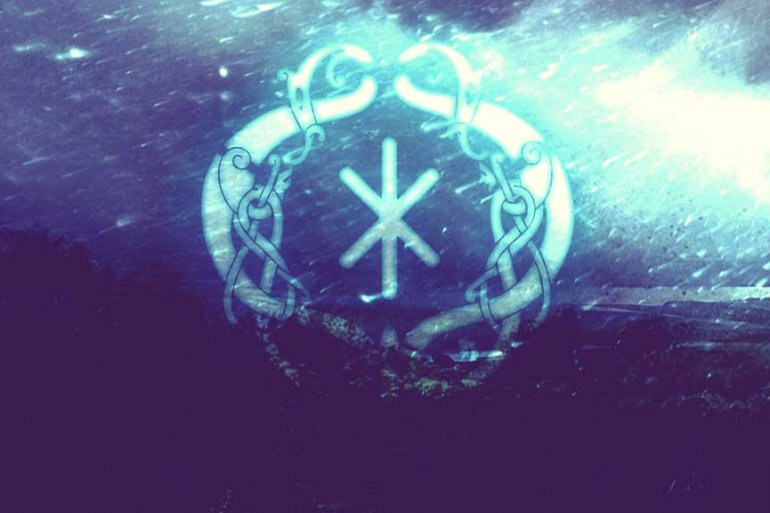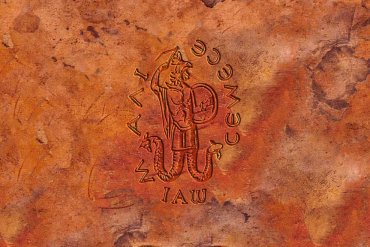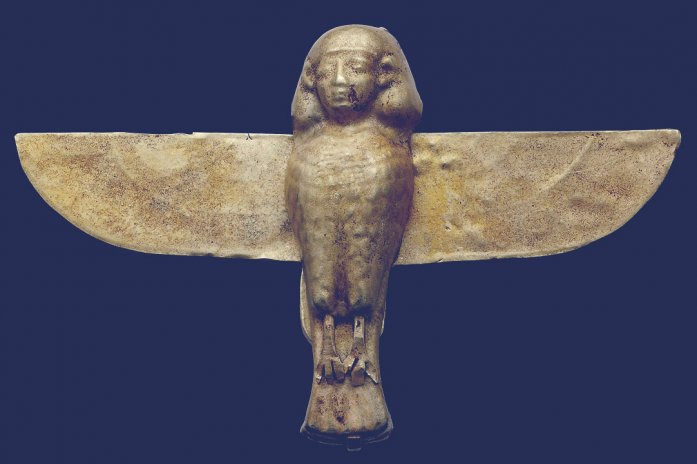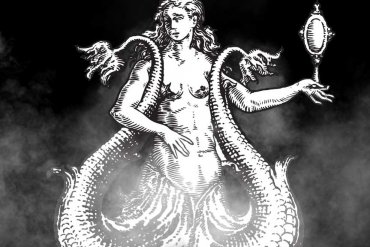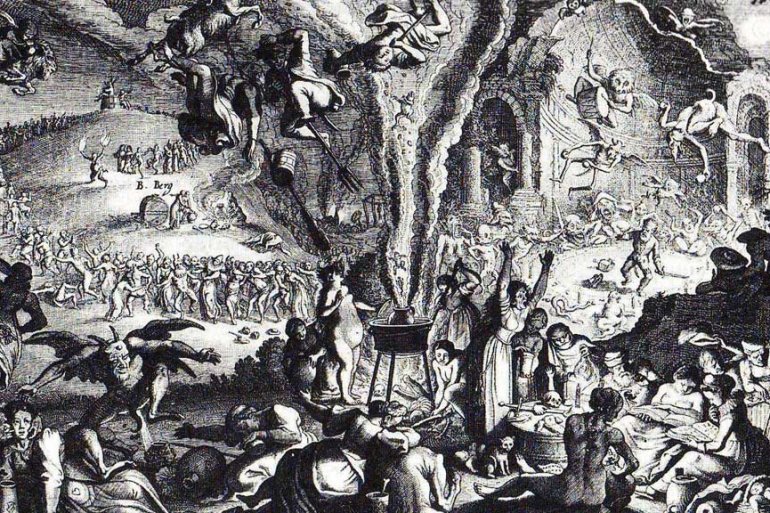Socrates sometimes spoke of his daemon, meaning a good spirit who guided him through life. This might seem an alien concept for most of us today. But one can not deny as a matter of historical fact that folks who believed in idealism as a philosophy of life have always tended to trust in spirits, gods and angels. When it comes to...
Trying to understand one of the many hidden histories and layers within Maier files is trying to understand the Grail quest and its influence on many even nowadays. The Arthurian legends are an obvious start. The fabulous stories of King Arthur and the Grail are currently so well known that they extensively researched and remarked upon by many different authors and researchers....
Hagal is the rune of a goal and confrontation with past patterns.
When it is exclaimed that contradictions may very well be true, numerous analytic philosophers will screw up their face into an appearance of discomfort, and say ‘But I just don’t see what it could be for a contradiction to be true’. They could mean numerous things by this. ‘See’ might just mean ‘understand’, by which case they might be complaining that traditional...
Like in all ancient Norse myths codes and messages are hidden within. Mainstream scholars like us to believe that these myths are just simple stories to entertain or to describe natural phenomena our dumb forefathers were too ignorant to understand. But these tales are like riddles and intellectual challenges to be solved and contain real wisdom and knowledge. Ms. Jessie L. Weston,...
Heretic Middle English: from Old French heretique, via ecclesiastical Latin from Greek hairetikos ‘able to choose’ (in ecclesiastical Greek, ‘heretical’), from haireomai ‘choose’. In the Encyclopaedia Britannica one can read:“The word heresy is derived from the Greek hairesis which originally meant an act of choosing, and so came to signify a set of philosophical opinions or the school professing them. As so used the term was neutral, but once appropriated by Christianity it began to convey a note of disapproval. […]...
Carl Jung had written extensively on Abraxas. In his 1916 book called The Seven Sermons to the Dead, Jung called Abraxas a God higher than the Christian God and Devil that combines all opposites into one Being. Abraxas was a polymorphous world spirit which permeates — or even encompass — the very fabric of existence. Abraxas is … a thousand-armed polyp, coiled...
In Sanskrit, skull cups are known as kapala, and they are generally formed from the oval section of the upper cranium. They served as libation vessels for large numbers of deities, which were mostly wrathful. However, they are also seen with gods such as Padmasambhava (India), who holds the skull cup, which is described as holding an ocean of nectar that floats...
Every winged being is symbolic of spiritualization. Birds are very frequently used to symbolize human souls, some of the earliest examples being found in the art of ancient Egypt. The bird, according to Jung, is a beneficent animal representing spirits or angels, supernatural aid, thoughts and flights of fancy. Hindu tradition has it that birds represent the higher states of being. To quote a passage from the Upanishads (a part of the Vedas): Two birds, inseparable companions, inhabit the same […]...
Deeper levels and meanings in tales not only transcend time, they also cross continents and cultures. These links and hidden meanings one can find best in original local tradition and folklore. One such link is the original French myth of Melusine, whose name is associated with honey. Her story recalls the Indian tradition whereby the royal lineage claimed to come from serpent...
It’s almost Walpurgisnacht, no better moment to have a closer look at our witches or Hexen. Where did this cruel hatred against women and the ancient pre-christian sanctuaries start? When Pope Innocent VIII (1484–92) professed his belief in witchcraft, he condemned it, and dispatched inquisitors to Germany to try its supposed practitioners and punish them unimpeded. Singling out Mainz, Cologne, Trier, Salzburg,...
In the last days of paganism in Germany, the druids’ sacrifices were subject to punishment by death at the hands of the literalist Christians. Nevertheless, at the beginning of springtime the “druids” and the populace sought to regain the peaks of the mountains so that they could make their sacrifices or experience their celebrations at these remote locations, intimidating and chasing off the Christians (usually through the latter’s fear of the devil). The legend of the first Walpurgis Night is […]...



